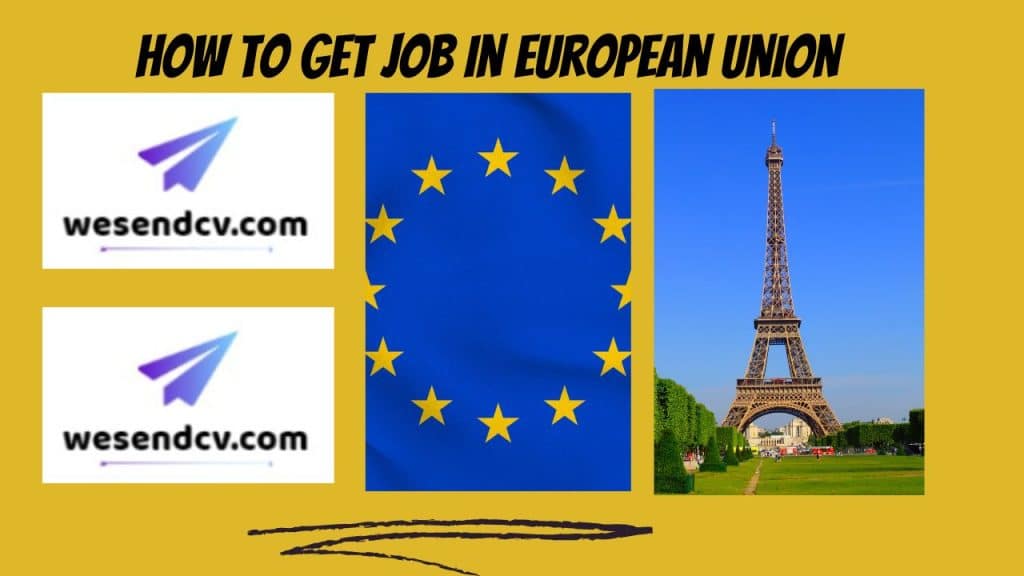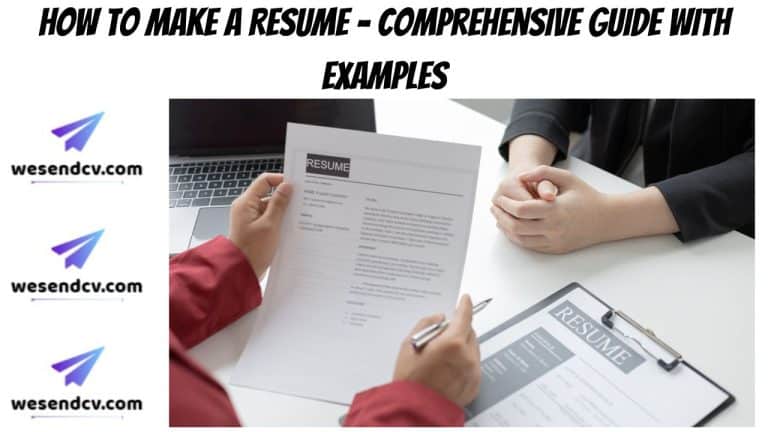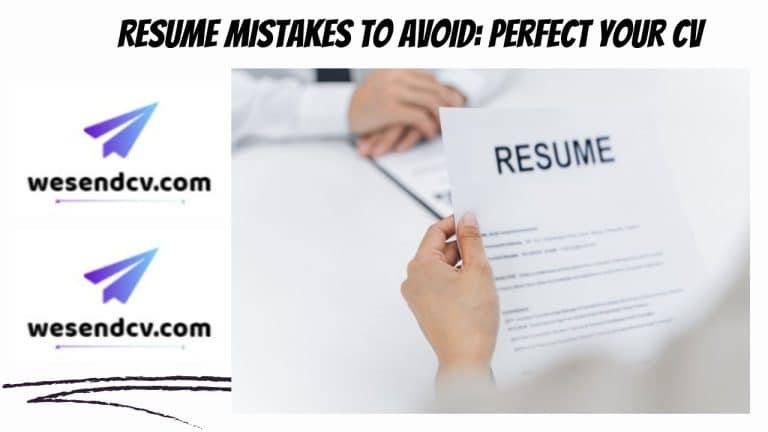Main Highlights of Content
ToggleHow to Get a Job in the European Union: A Comprehensive Guide
Securing employment in the European Union (EU) can be a rewarding endeavour. The following guide outlines the essential steps for individuals looking to navigate the EU job market effectively.
Step 1: Understand the EU Job Market
Before embarking on a job search, it is crucial to comprehend the landscape of the EU job market. Consider the following:
- Key Industries: Identify sectors that are thriving within the EU, such as technology, finance, healthcare, and renewable energy.
- Employer Preferences: Research which qualifications and skills are in demand.
- Work Culture: Familiarize yourself with the work ethics and cultural nuances of various EU member states.
Step 2: Check Eligibility to Work in the EU
Determine your eligibility to work within the EU through the following considerations:
| Criteria | Details |
|---|---|
| Citizenship | Are you a citizen of an EU country or a non-EU country with specific agreements? |
| Work Visa | If not an EU citizen, find out if a work visa is required. |
| Recognition of Qualifications | Ensure your qualifications are recognized in the specific EU country. |

Step 3: Prepare Your Application Materials
Crafting a compelling resume and cover letter is critical. Key components to include:
- Resume/CV:
- Tailor it to the job description.
- Highlight relevant experience and skills.
- Use a clear and professional format.
- Cover Letter:
- Personalize it for each application.
- Express enthusiasm for the position and the organization.
- Demonstrate how your skills align with the job requirements.
Step 4: Utilize Job Search Platforms
Engaging with the right job search platforms can enhance visibility. Recommended platforms include:
| Platform | Description |
|---|---|
| EURES | The European Job Mobility Portal for EU job seekers. |
| A professional networking site with job listings. | |
| Local Job Boards | Each EU country tends to have its own job boards. |
| Company Websites | Direct applications on company careers pages. |
| WESENDCV | Each EU country tends to have its job boards. |
Step 5: Network Effectively
Networking plays a pivotal role in job hunting. Consider the following strategies:
- Join Professional Groups: Engage in relevant industry groups on platforms such as LinkedIn.
- Attend Job Fairs: Participate in EU-wide or local career fairs.
- Connect with Alumni: Leverage alumni networks from educational institutions.
Step 6: Prepare for Interviews
Anticipating potential interview questions and formats is crucial. Follow these tips:
- Research the Company: Understand its mission, values, and recent developments.
- Practice Common Questions: Be prepared for behavioral and situational questions that showcase your problem-solving abilities.
- Dress Appropriately: Align your attire with the company culture while maintaining professionalism.
Step 7: Follow Up
After an interview, following up is essential. Key points to consider:
- Thank-You Note: Send a brief thank-you email, expressing appreciation for the opportunity.
- Reiterate Interest: Use this communication to reaffirm your enthusiasm for the position.
Here’s a friendly FAQ guide to help you navigate the process of getting a job in the European Union (EU).
FAQ: How To Get a Job In the European Union
1. What are the eligibility requirements for working in the EU?
To work in the EU, you typically need:
- A valid work permit or visa (if applicable).
- Proof of qualifications or experience relevant to the job.
- A clean criminal record and sometimes a health certificate.
2. Do I need to speak the local language?
While English is widely spoken in many EU countries, knowing the local language is highly beneficial. It can improve your chances of getting hired and help you integrate better into the community.3. How do I find job openings in the EU?
You can find job openings through:
- Online job portals (e.g., LinkedIn, Indeed, Eurojobs).
- Company websites of your target employers.
- Recruitment agencies specializing in your field.
4. Do I need a resume/CV that’s specific to the EU?
Yes! Make sure to include:
| CV Section | Description |
|---|---|
| Personal Information | Name, contact details, and a professional summary. |
| Experience | Job history in reverse chronological order, including achievements. |
| Education | Degrees with dates, institutions, and relevant courses. |
| Skills | Technical and soft skills relevant to the job. |
| Certifications | Any additional certifications or training. |
5. How can I prepare for a job interview?
- Research the company and its culture.
- Prepare for common interview questions.
- Practice responding in the local language, if necessary.
- Have thoughtful questions ready to ask the interviewer.
6. What is the expected salary range in the EU?
Salaries vary widely depending on the country, industry, and position. Here’s a rough guide:
| Country | Average Salary Range (Annual) |
|---|---|
| Germany | €35,000 – €70,000 |
| France | €30,000 – €65,000 |
| Netherlands | €40,000 – €80,000 |
| Spain | €25,000 – €50,000 |
7. Are there special programs for foreigners seeking work in the EU?
Yes! Many EU countries have:
- Blue Card: A work and residence permit for highly skilled workers.
- Internship Programs: Opportunities for students and recent graduates.
8. How important is networking in the job search process?
Networking is crucial! Consider:
- Attending industry events and conferences.
- Joining relevant professional associations.
- Engaging with local communities through social media platforms.
9. What are the common challenges of working in the EU?
Some challenges include:
- Navigating visa regulations.
- Cultural differences in the workplace.
- Language barriers in certain regions.
10. Where can I get more information about working in the EU?
- EURES: The European job mobility portal.
- National Employment Agencies: Each country has specific resources.
- Local expat groups: A great place to get personal insights.
I hope this FAQ helps demystify the process of getting a job in the EU! If you have any more questions, feel free to reach out. Good luck with your job search!
Conclusion
Navigating the job market within the European Union requires preparation, adaptability, and a proactive approach. By understanding the market, tailoring application materials, and leveraging networking opportunities, candidates can enhance their chances of securing meaningful employment in the EU. For further insights and updates, it is advisable to remain informed of changing regulations and market trends. or Simply hire us! we look for jobs for you in EU Member countries Austria, Belgium, Croatia, Cyprus, Czech Republic, Denmark, Finland, France, etc









